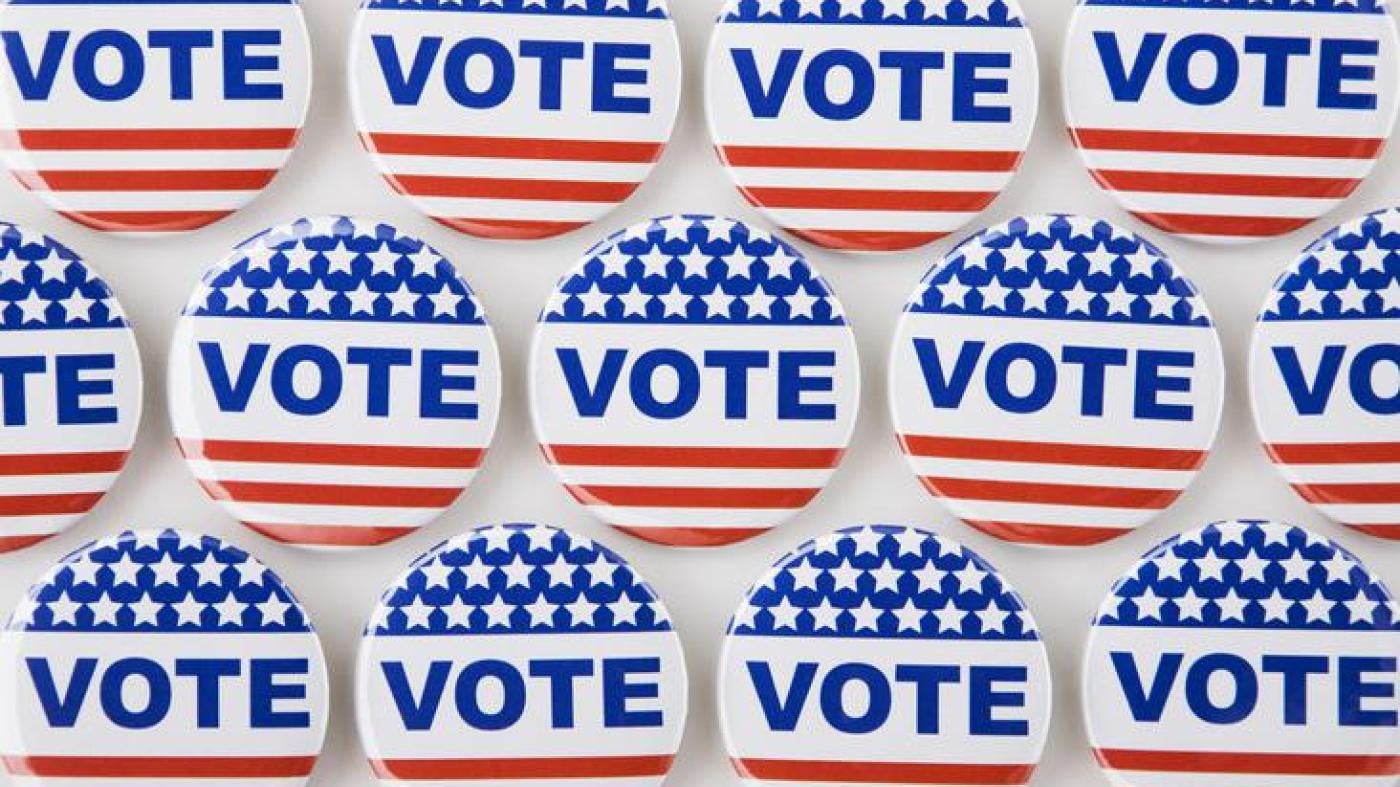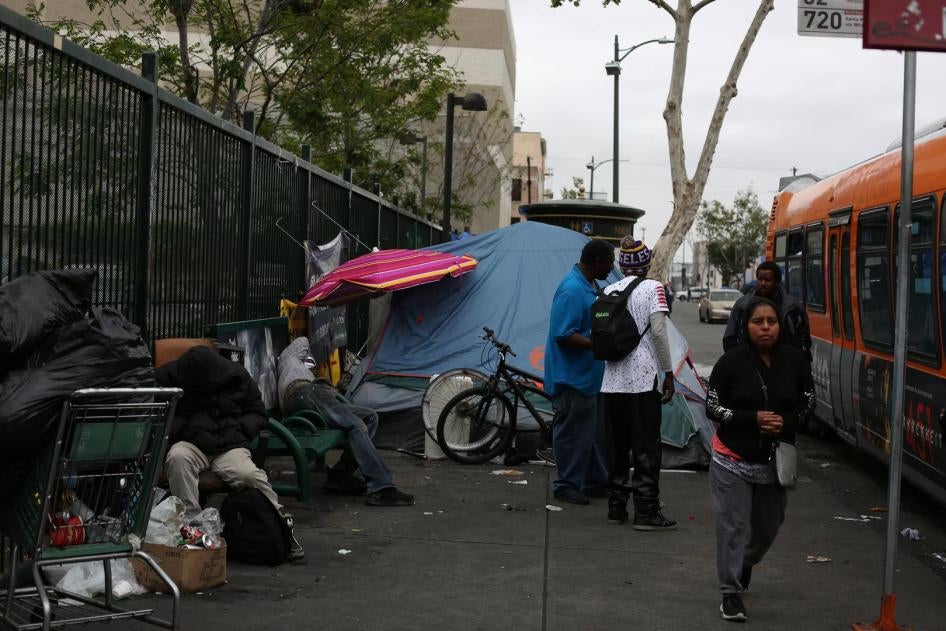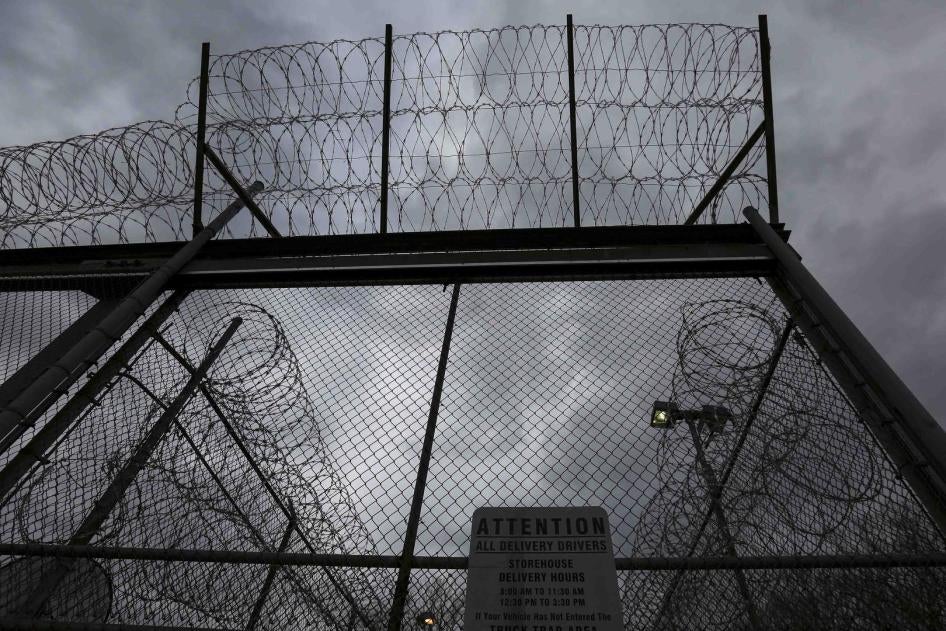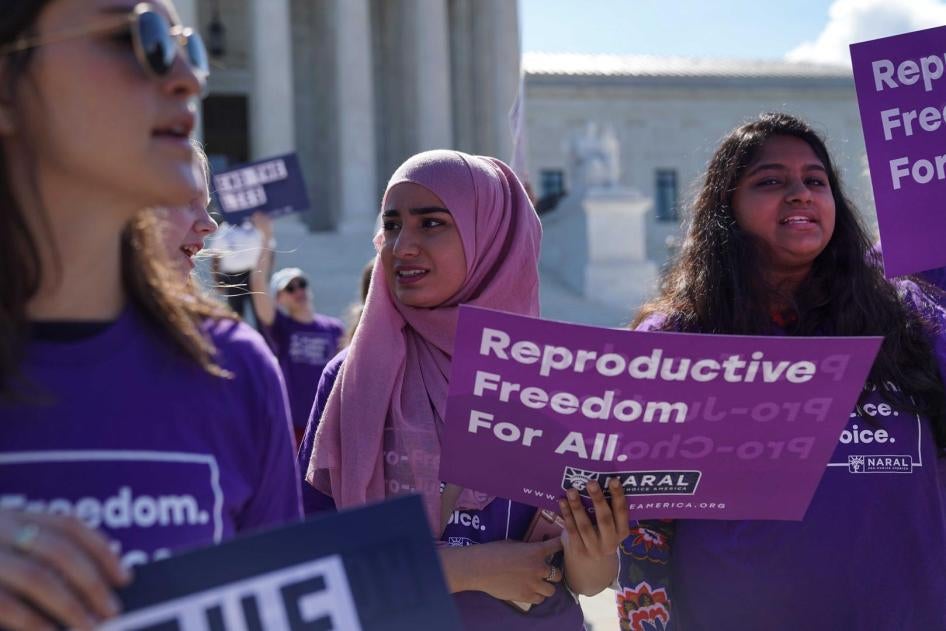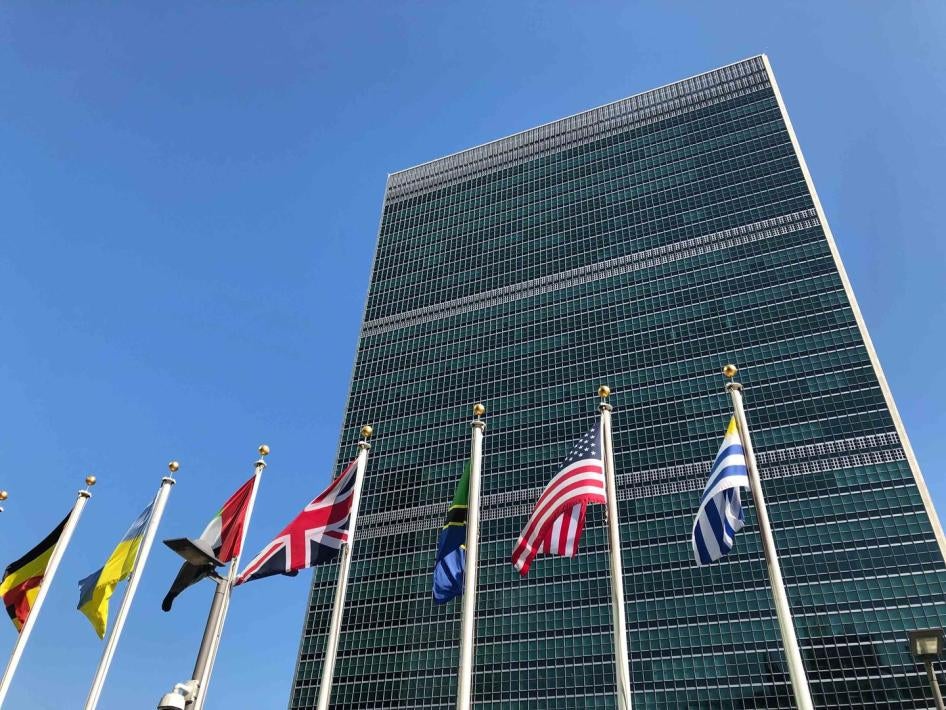What does it mean to be a human rights voter?
Support candidates who want the government to adopt and enforce laws that promote and protect human rights. This means candidates who defend people from abusive systems, officials, individuals, and corporations, who support equal protection of the law, and who will push for policies that enable everyone to have the same opportunities to pursue their fundamental rights.
Poverty and Inequality
We all have a right to the highest attainable standard of health, to housing, and to an adequate standard of living. About 40 million people in the United States live in poverty, even though many have jobs making at least minimum wage. A human rights voter should back candidates who work to ensure that everyone can get quality medical care, a safe and sturdy roof over their heads, and enough healthy food to eat.
Candidates should urge measures that would prevent companies from preying on the poor. For instance, they should support stronger regulation of predatory lending industries that offer high interest loans, often carrying triple-digit interest rates, that by design lead low-income borrowers into cyclical debt traps and greater poverty.
Questions for candidates:
- Do you support reforms that protect the right of everyone to just and fair work conditions, including a fair wage, that enables them to support their families?
- Will you oppose rollbacks to programs that support individuals’ basic health, nutrition, and housing needs?
- How will you ensure universal access to adequate health care?
- How will you ensure that people are protected from predatory lenders and abusive debt collectors?
Criminal Legal System
We need to vastly reduce the number of people behind bars in the US – many of whom are incarcerated because of racist laws and policies that have disproportionately affected black and brown communities for decades. Candidates should support the decriminalization of drug use and possession, and an end to disproportionate or cruel sentences, including the death penalty; the use of prolonged solitary confinement, especially for children; the use of pretrial detention only in exceptional cases; and discriminatory money bail.
Questions for candidates:
- Do you support decriminalizing drug possession and use?
- Do you support greater access to evidence-based treatment for substance abuse?
- Will you work to end excessive sentencing?
- Do you support restoring the right to vote to millions of formerly incarcerated Americans?
- How will you hold law enforcement agencies accountable for excessive use of force and unlawful police killings?
Racial Discrimination
Racial discrimination is a serious human rights problem in the United States – from thecriminal legal system and health and housing policies that disproportionately harm Black and Latinx people, to the surveillance of specific groups, such as Muslims or political activists from ethnic or religious minorities, to immigration policies that scapegoat non-citizens as criminals or subject asylum seekers and refugees to disparate treatment based on their national origin. Many of the discriminatory policies that disproportionately impact African Americans and the more general racial and economic discrimination that continues today are legacies of slavery. Candidates should support a congressional commission to develop a proposal to provide reparations for slavery, and the acts of murder, torture, rape, and other violence that accompanied it and continued long after its formal abolition.
Questions for candidates:
- How will you address racial barriers to affordable housing, adequate health care, and equal protection of the law?
- Do you support creating a commission to study how to account for and provide reparations for slavery and its enduring impact?
Women's Rights
The US government should promote policies, practices, and laws seeking gender equality, because many women and girls have been left out of US successes so far, especially women of color, women with disabilities, Indigenous women, and female immigrants. Voters, no matter their gender, benefit when women in society do well. They should support candidates who back efforts to ensure women get the health care they need and oppose measures to limit treatment and access to contraception and abortion care. Systemic racism, economic and immigration status, and where a woman lives can make accessing even available health care difficult. Candidates should support efforts to target those most marginalized by the current healthcare system. Candidates should work to preserve progress to end violence against women and push for modern workforce policies including paid family leave, including to care for aging loved ones, measures to end the gender wage gap, and improving laws protecting pregnant women and banning sexual harassment.
Questions for candidates:
- What is your position on new regulations that limit women’s access to contraception, allow medical providers to discriminate against them, and block federally funded health providers from giving them information?
- Do you support paid family leave? How would you implement a program?
- Do you support legislative efforts to target and address racial disparities in women’s health outcomes, including the Jeannette Acosta Invest in Women’s Health Act?
- What measures should be taken to protect access to abortion information and services?
Immigration
People fleeing their homes in search of safety have a right to seek asylum, and the US has a long history of helping refugees. Immigrants provide huge economic and social benefits to communities across the nation. Candidates should oppose a deterrence-only strategy toward migrants that has led to family separations, harsh detention conditions for adults and children, and a dismantling of the US asylum and refugee system. Candidates should seek to limit excessive surveillance and data collection to enforce the border and should support reform of an immigration system that resulted in serious abuses under previous US administrations.
Questions for candidates:
- Will you oppose requests for additional immigration funds without fundamental policy reform?
- What steps would you take to protect refugees and asylum seekers?
- Will you end the “Migrant Protection Protocols,” a program that is exposing tens of thousands of asylum seekers to danger in Mexico and injustice in US immigration courts?
- What will you do to ensure all immigrants facing deportation get a fair hearing before a judge?
Lesbian, Gay, Bisexual, and Transgender (LGBT) Rights
We should work to end discrimination against people because of their sexual orientation or gender identity. Candidates should support the Equality Act, which would ban employers, landlords, schools, and others from discriminating against people because they are LGBT. They should support efforts to promote equality, including improving access to health care and addressing violence against transgender people, particularly trans people of color. They should oppose laws and policies that encourage discrimination, including sweeping “religious exemptions” that allow states and businesses to discriminate against LGBT people.
Questions for candidates:
- Do you support the Equality Act, which would ban discrimination on the basis of sexual orientation and gender identity?
- How would you address the transgender military ban?
- How would you address violence against transgender people in the US?
- What is your position on religious exemptions that allow employers, landlords, service providers, and business owners to refuse service to LGBT people based on moral or religious convictions?
Privacy, Data Protection, Digital Rights
Digital rights in the US are at a critical juncture: social media and other companies are vacuuming up vast amounts of personal information about us, yet Congress has not adopted comprehensive data protection laws. Barely regulated technologies affect everyone, including immigrants and schoolchildren. The US government wields massive secret surveillance powers, often with little oversight by Congress or the courts. Candidates should oppose surveillance that may disproportionately harm people of color, such as facial recognition, and rhetoric that stokes fear of Muslims.
Questions for candidates:
- What would you do to create stronger data protection rules for companies and the government?
- Do you support an end to warrantless surveillance programs?
- Do you support safeguards to limit the use of facial recognition software and other emerging technologies that could harm rights?
Climate Crisis and Toxic Pollution
Candidates should support policies that protect the human rights of people marginalized or otherwise most affected by climate change and toxic pollution. The global climate crisis means that Puerto Rico, the US Virgin Islands, and areas along the eastern US seaboard in particular will face increasingly severe extreme weather events.
Deregulation of health and environmental protections from mining pollution poses a serious danger to poor communities. Similarly, preventing bans of toxic pesticides will continue to put people, especially pregnant women and children, at risk. The independence of federally funded scientific research should be respected, and evidence-based regulations that mitigate the risks of climate change and toxic pollution should be enacted.
Questions for candidates:
- What is your plan to address climate change? How would you improve the US response to extreme weather events, particularly for low-income and marginalized communities?
- Will you commit to respect the independence of federally funded scientific research and enact evidence-based regulations that mitigate the risks of climate change, pollution, and toxic exposures?
- What will you do to make sure that companies responsible for coal-related pollution bear the costs of the clean-up?
- Will you create and enforce pesticide policies that are protective of pregnant women, children, and other groups at greater risk of exposure complications?
- Will you ensure compliance with relevant standards under the Food Quality Protection Act by demonstrating that there is a reasonable certainty a pesticide will not cause harm before approving or renewing its use?
National Security
The US government has frequently invoked national security as a justification for human rights violations. To date, there has been no real accounting of past practices, including torture. Candidates should commit to real accountability for US government-sanctioned torture and ill-treatment, including support for declassifying the Senate Intelligence Committee’s report on the CIA’s torture program.
Candidates should commit to increasing transparency around the use of lethal force abroad, including by intelligence agencies, and ensuring that civilians unlawfully harmed by US forces receive prompt and appropriate redress. Candidates should commit to ensuring that US personnel implicated in war crimes are fully and fairly prosecuted.
Since early 2002, the detention facility at Guantanamo Bay has held people in indefinite detention, most without charge or trial. Those being prosecuted face fatally flawed military commissions. Candidates should commit to shuttering the Guantanamo facility and ensuring that there is due process for the detainees who remain there, whether in a court in the US or by transfer to a third country.
Questions for candidates:
- Will you increase transparency around the use of force by the US with the aim of reducing civilian casualties, abiding by the laws of war, including the impartial investigation and prosecution of personnel implicated in war crimes, and compensating civilians unlawfully harmed by US forces?
- Will you permanently close the detention center at Guantanamo Bay and end indefinite detention without charge or trial?
- Will you commit to declassifying and releasing the 2014 Senate Intelligence Committee report on the use of torture and enhanced interrogation techniques by the CIA following 9/11?
Foreign Policy
The next president should reassert a leading US role in the promotion and protection of human rights abroad. The US should return to the United Nations Human Rights Council and other international human rights forums and processes. The US should also recommit to upholding its human rights obligations and adopting a principled, human-rights driven approach to engagement with the world. This means seeking international partners who commit to upholding their human rights obligations and seeking to hold to account those who violate them.
The United States should commend countries for supporting human rights and should work with other countries to hold rights-violating governments, allies, and foes alike to account. It is particularly important to seek candidates who commit to promoting and protecting human rights central to US foreign policy. Candidates should agree to adopt a range of public and private measures to pressure repressive governments to uphold the rights to expression, assembly, and privacy, sexual and reproductive health, rights of LGBT people, freedom of religion, rights of refugees and asylum seekers, and justice for grave international crimes.
Questions for candidates:
- Will you commit to making the protection and promotion of human rights central to US foreign policy?
- Will you support a permanent repeal of the “Global Gag rule” and ensure that US aid does not undermine comprehensive health care for anyone, in particular women, girls, and LGBT and gender non-conforming people around the world?
- Will you ensure US policy demonstrates commitment to resettlement and protection for refugees?
- Will you commit to rejoining the United Nations Human Rights Council?
- Do you commit to support and cooperate with the International Criminal Court?
